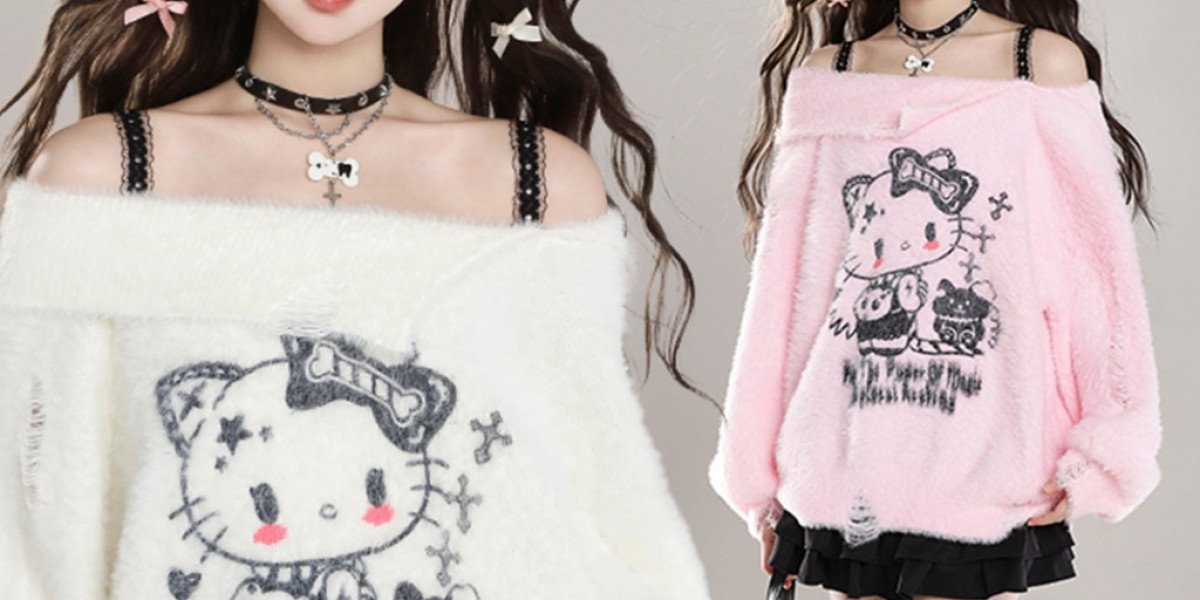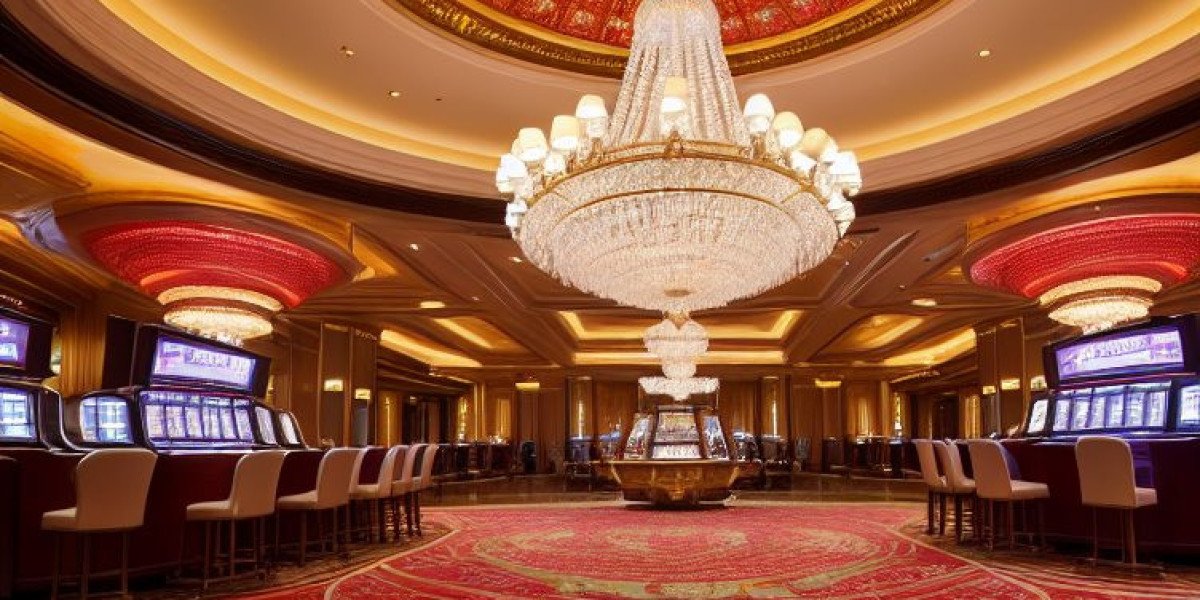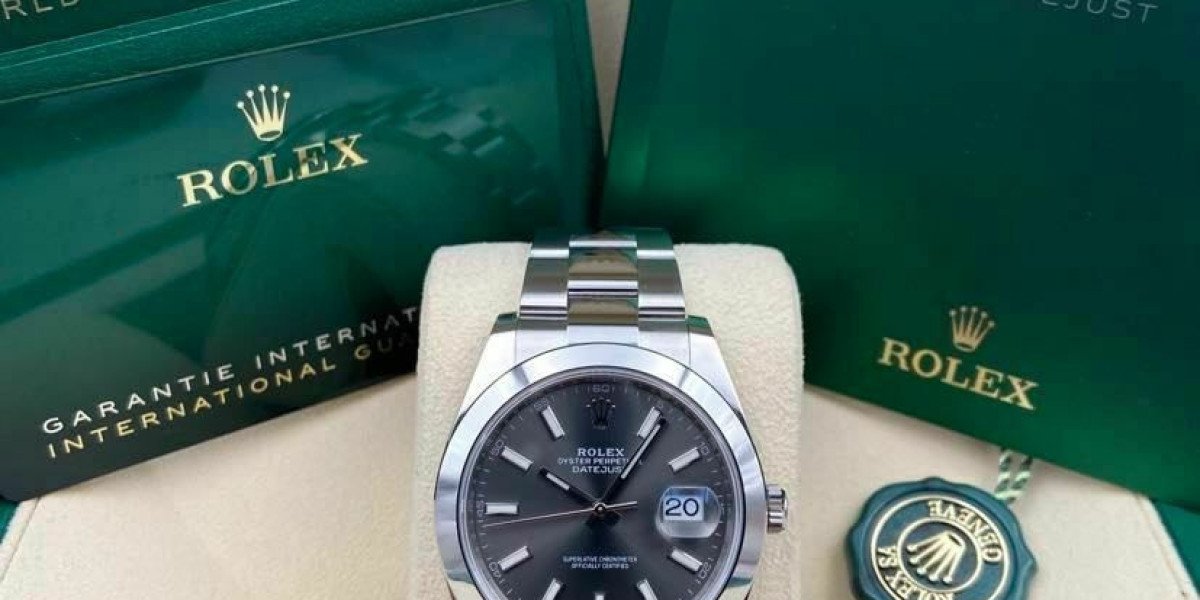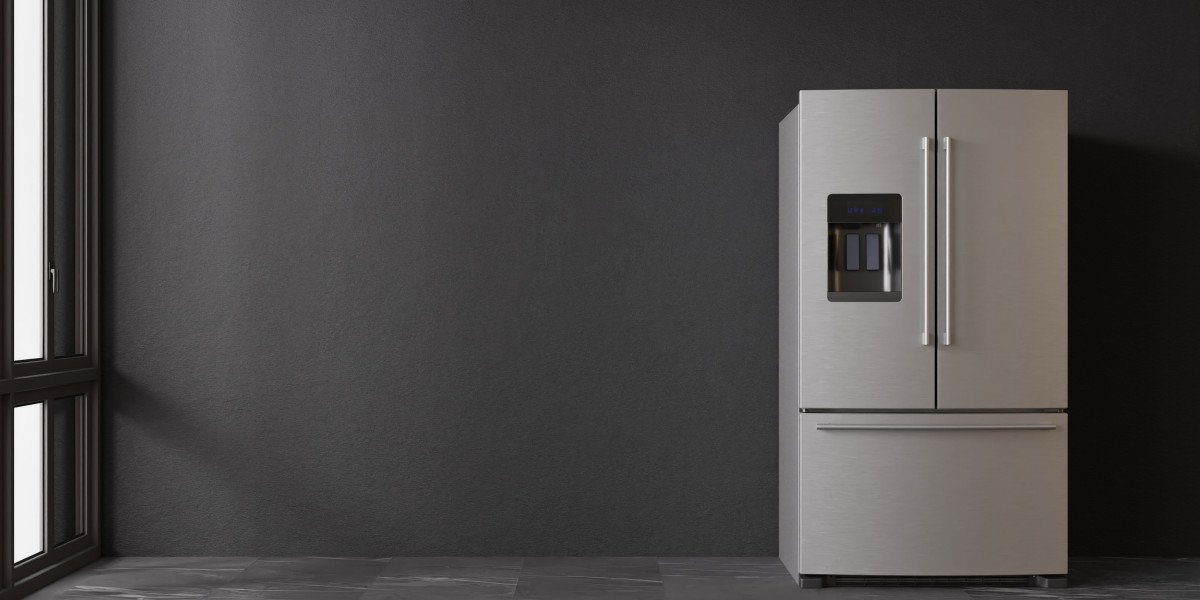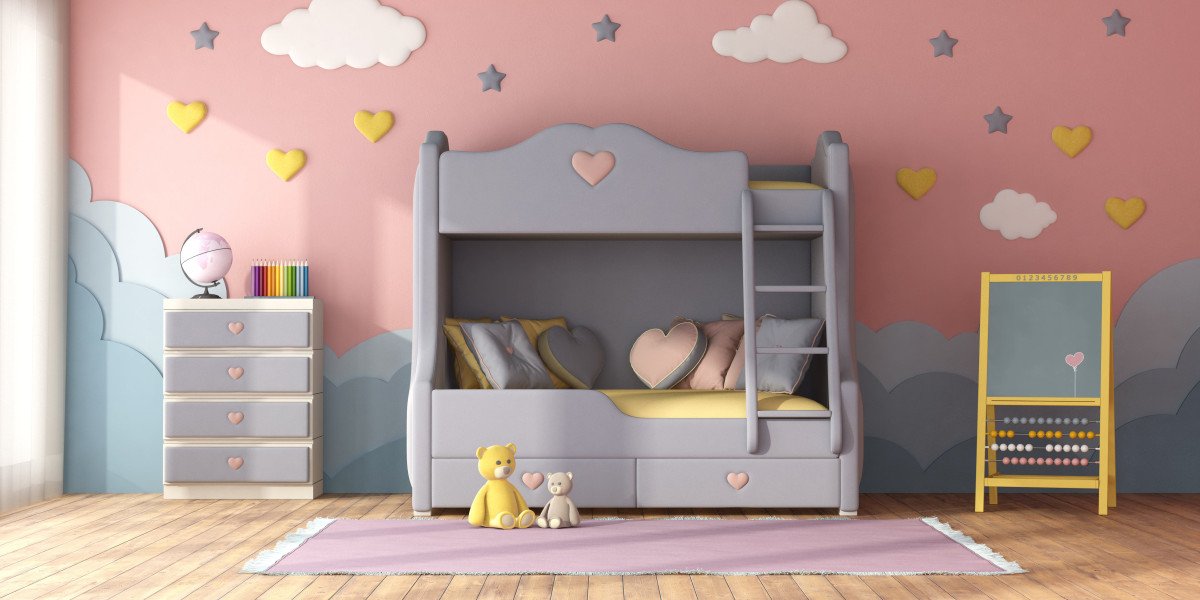Introduction

Kawaii fashion, originating from Japan, has become a worldwide phenomenon in recent times. The term "kawaii" translates to "cute" or "adorable" in English, and kawaii outfits usually include pastel colours, cartoon characters, and oversized accessories. This fashion has gained popularity amongst individuals of all ages and genders, with its popularity being attributed to its skill to evoke feelings of happiness and nostalgia. In this text, we'll explore the psychology behind kawaii outfits and their impression on individuals.
Psychological Facets of Kawaii Fashion
Numerous psychological research have been conducted to understand the appeal of kawaii trend. One key side of kawaii outfits is their potential to trigger positive emotions. Analysis has shown that when people are uncovered to cute stimuli, akin to pictures of baby animals or adorable characters, they experience a rise within the production of endorphins, the body's natural really feel-good hormones. This physiological response can lead to emotions of happiness, relaxation, and a way of effectively-being.
Furthermore, kawaii style has been discovered to evoke feelings of nostalgia and innocence. The whimsical and playful nature of kawaii outfits often reminds people of their childhood, a time when life was simpler and carefree. This sense of nostalgia can present comfort and reassurance in instances of stress or anxiety, making kawaii style a preferred selection among these in search of a supply of escapism.
Furthermore, kawaii outfits are often related to the idea of "cute aggression." This phenomenon describes the contradictory emotions of being overwhelmed by cuteness while additionally feeling the urge to squeeze or pinch the adorable object. Studies have proven that experiencing cute aggression might help people regulate their feelings and cut back negative feelings, making kawaii vogue a valuable device for emotional self-regulation.
Societal Impact of Kawaii Trend
The popularity of kawaii vogue goes past individual preferences and has had a big impression on society as an entire. In Japan, kawaii culture has turn out to be a significant cultural export, influencing numerous industries akin to trend, entertainment, and tourism. The worldwide success of Japanese brands like Sanrio, the creators of Good day kitty kawaii outfit aqw, and character-based mostly fashion labels like Bape and Lazy Oaf, has additional solidified the presence of kawaii style in mainstream tradition.
Moreover, kawaii vogue has performed a role in challenging conventional gender norms and stereotypes. The androgynous and playful nature of kawaii outfits allows individuals to specific themselves without conforming to societal expectations of masculinity or femininity. This freedom of expression has empowered many individuals to embrace their distinctive sense of style and creativity, leading to a more numerous and inclusive vogue panorama.
As well as, the rise of social media platforms like Instagram and TikTok has enabled people to share their kawaii outfits with a global audience, additional fuelling the recognition of this style pattern. Influencers and celebrities usually showcase their kawaii-inspired looks, inspiring their followers to experiment with cute and quirky kinds. This sense of group and shared creative expression has cemented kawaii trend as a staple in modern fashion tradition.
Conclusion
In conclusion, the appeal of kawaii outfits goes past aesthetics and encompasses a deeper psychological and societal significance. The power of cute stimuli to set off positive emotions, evoke feelings of nostalgia, and promote emotional self-regulation has made kawaii fashion a beloved model selection for many people. Moreover, the impression of kawaii style on society, including its role in difficult gender norms and fostering a sense of group, has solidified its place in mainstream culture. As kawaii style continues to evolve and inspire creativity, it will undoubtedly stay a beloved and cherished fashion for years to come.
